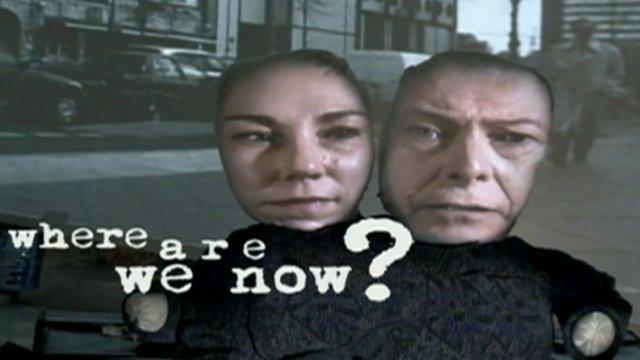Sony music boss: 'You've got to be good at keeping secrets'
- Published
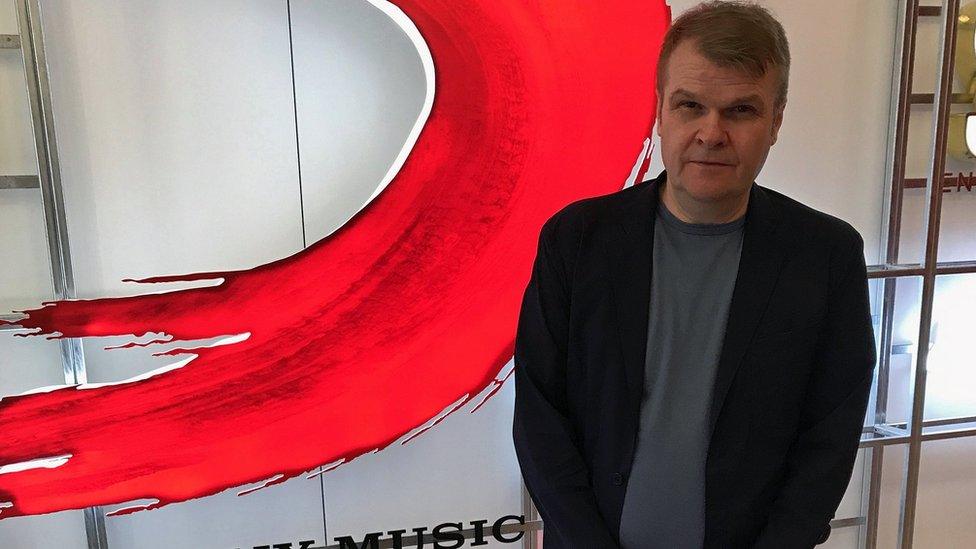
"As a record company boss you've definitely got to be good at keeping secrets," says Rob Stringer, the head of Sony Music Entertainment.
Rob can certainly play his cards close to his chest when it matters - he only told two other people in the business ahead of the surprise release of David Bowie's first record in a decade in 2013.
It's a mark of his diplomatic skills that he persuaded George Michael to return to Sony despite an earlier infamous courtroom bust up between the two over the singer's contract.
Rob also has to keep artists as diverse as One Direction and Adele happy.
"I don't treat any artists the same" he says, in the manner of any boss looking after his staff.
Rob, who started as a trainee with the record company in the 1980s, may now split his time between the company's headquarters in New York and its London office but he attributes his success to coming from Aylesbury.
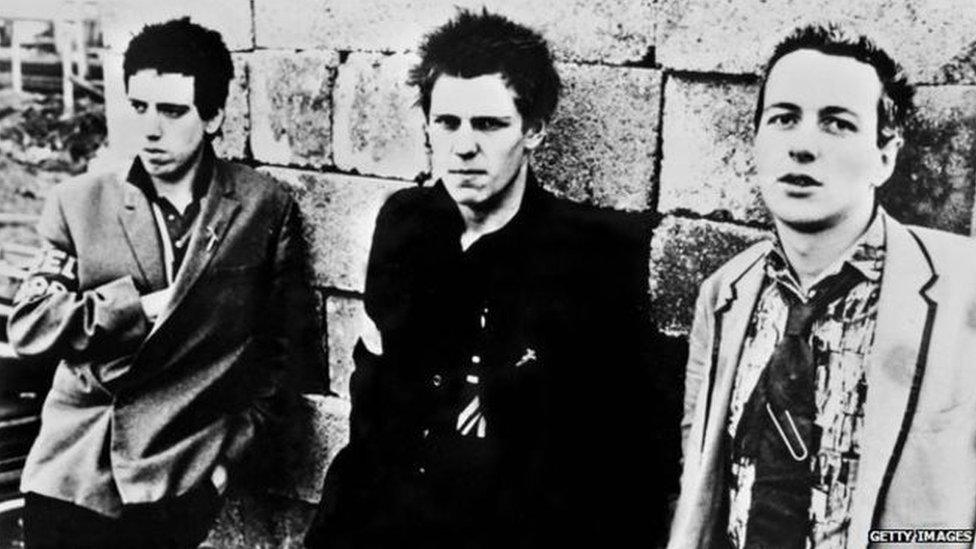
The Clash were one of the first bands Rob saw live in his home town
"I was in the right town because it had a club that put on the greatest bands on the earth and I ended up working there.
"Every Saturday I would see bands such as the Clash, the Specials, the Talking Heads - and for the generation above it was Bowie and Genesis.
"An enormous number of people from my town ended up working in music."
Despite some people predicting that downloading and streaming would be the end of record companies, Sony Music posted an increase in profit in 2017.
Rob Stringer says it's the technology which has made it the most exciting time in music for 20 years.
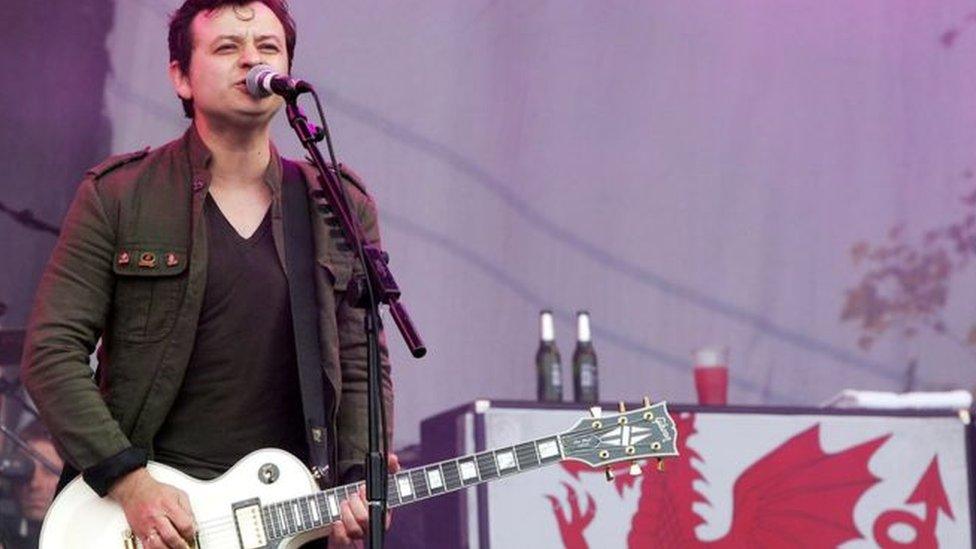
Manic Street Preachers were one of the first bands he signed to Sony
"The birth of i-Tunes made people listen to a lot of music and a lot of different types of music.
"There is a generation of musicians who've grown up in that era. Therefore they have incredibly wide musical knowledge and so music is much more hybrid based now and I find that incredibly exciting."
Even though some artists have complained about the amount of money they're making from digital platforms he says that artists have far more power than they had 15 years ago "and I'm OK with that".
"I don't want to be perceived as taking someone's money in an unfair split. We have to make sure those artists and songwriters don't get ripped off. I can honestly say that isn't our intention."

One Direction are among the big name acts signed to a Sony label
One artist who he did have to persuade Sony could offer a fair deal to was George Michael.
In the early 1990s the Wham! singer had a famous falling out with Sony over his record contract. The star took the company to court claiming he had little control over his work, with the firm treating him as "no more than a piece of software".
George Michael lost the case but Rob Stringer doesn't see that there were any winners from it.
"Technically on legal terms George didn't have a case for winning - but how it got to the fact he was that unhappy was very depressing.
"I think it was that people in North America didn't understand how he wanted creative control of release of that record - Listen Without Prejudice Vol 2."
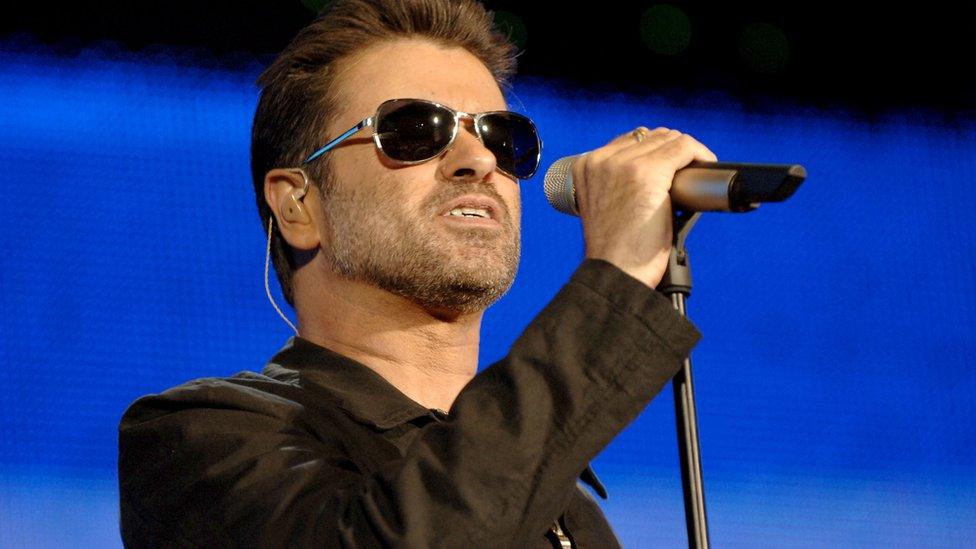
Rob was instrumental in getting George Michael to return to Sony
"I was a Wham fan and George Michael was one of the most important artist's this country has ever produced. We didn't win - we lost one of the greatest artists of a generation."
Despite the falling out, he was the instrumental in persuading George Michael to return to Sony for his next release, "George had a record, it was in the past for him, he'd moved on, and obviously for me it was first and foremost a seminal moment creatively.
"To be able to work with George Michael again was magical."
Working with talented creative people isn't always easy but Rob Stringer seems to not only enjoy the challenge but takes it in his stride.
"The success rate versus the failure rate is not high because it's a very tough business to last a very long time in. There are a lot of one hit wonders. No artist development story is the same - there's a very different path for One Direction than there is for Adele."
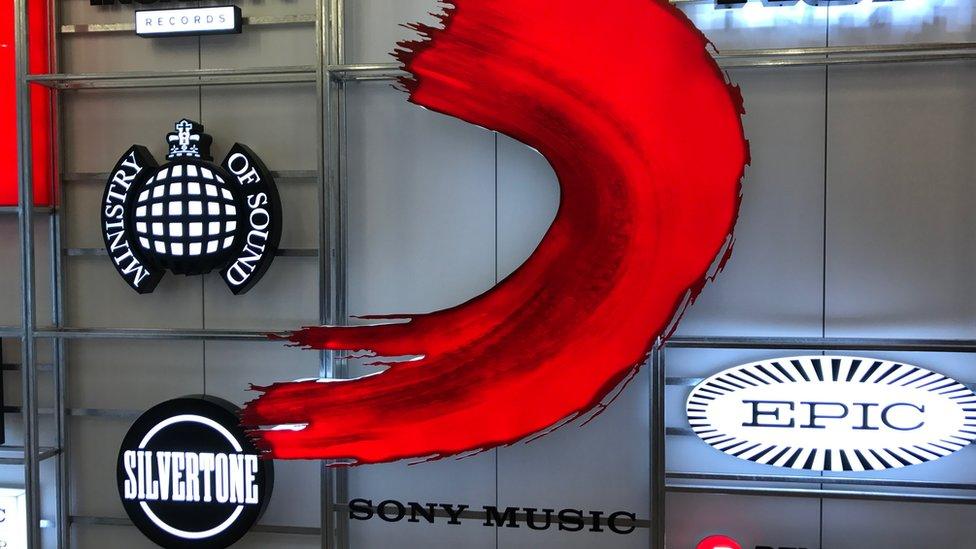
Record firms are now as profitable as they were 15 years ago - before the advent of streaming, says Rob
In 2013 he faced one of his biggest challenges with the surprise release of David Bowie's first new track in a decade, 'Where are we now?'.
"That was fun" he says. "His manager called me and said you should come and see David at the studio. He played me some music and it was pretty finished and it was really exciting. It was super emotional too because it was his first record in a long long time."
David Bowie wanted to put something out on his birthday, and Rob told him that "with i-Tunes we can do that but we have to keep it really tight".
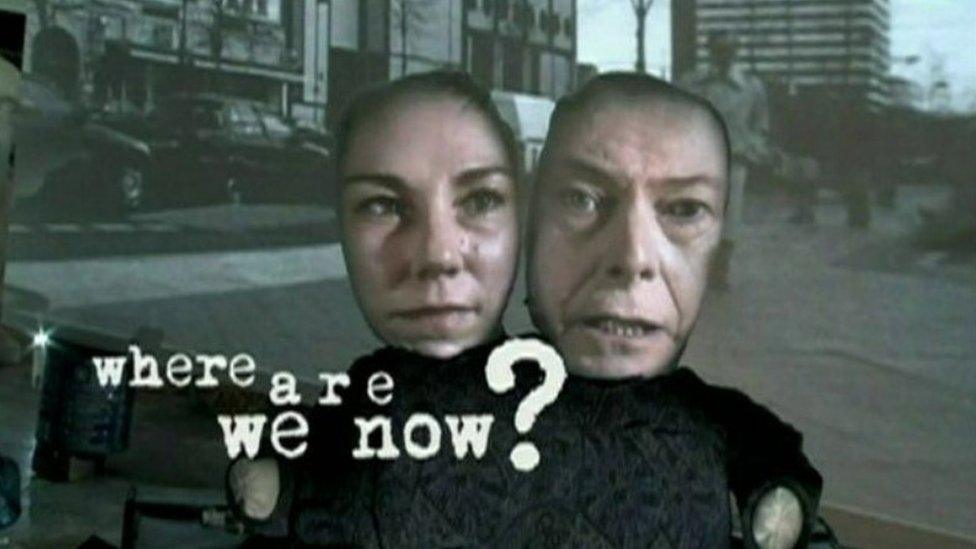
David Bowie surprised fans with a comeback in 2013
Ahead of the release Rob says he only told people who needed to know.
"From my side we involved four people and two of those were from Apple. I said to them we can't let anyone know - I worked with one marketing and one technical person at Sony. Obviously Bowie is very used to being very secretive.
"One of the greatest things about him is that the mystique is part of the aura, so I knew he could keep his side of the bargain."
The song was accompanied by a video which had also been shot secretly and was the first track off a new Bowie album, The Next Day, which followed a few weeks later, and gave the singer his first number one album of new material since 1993.
"Not telling anyone was part of the marketing plan and it worked beautifully, mostly because the song was lovely too."

Sony also released Beyonce's surprise album, Lemonade, in 2016
Not surprisingly and probably like the boss of any big company, Rob is confident about the future.
"The record business at the moment ironically is volatile but it's a very exciting period.
"Obviously my job being CEO of a business is making sure we don't fail to understand when this peaks but personally I'm very optimistic because people want music and I think people will sacrifice other things for music."
Rob Stringer was talking to the BBC 5 live Wake Up To Money Boardroom Stories podcast.
- Published29 December 2017

- Published10 October 2017

- Published7 June 2017

- Published8 January 2013
